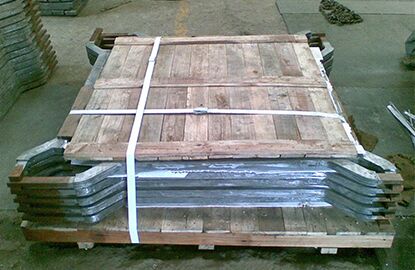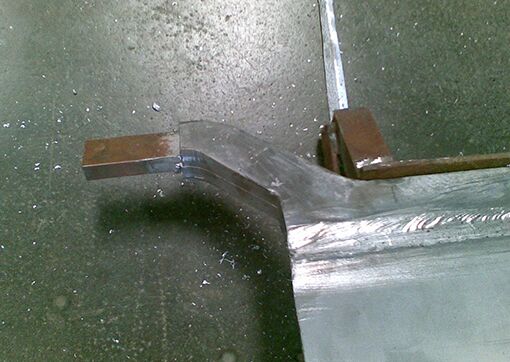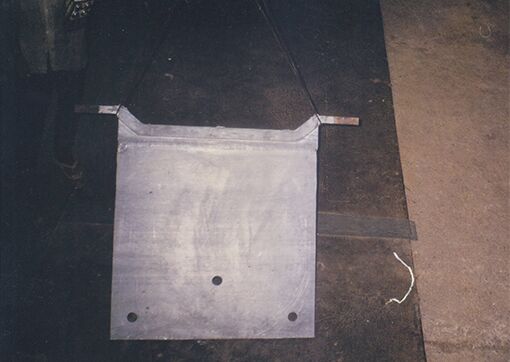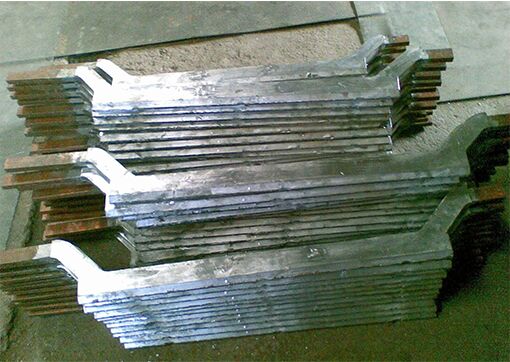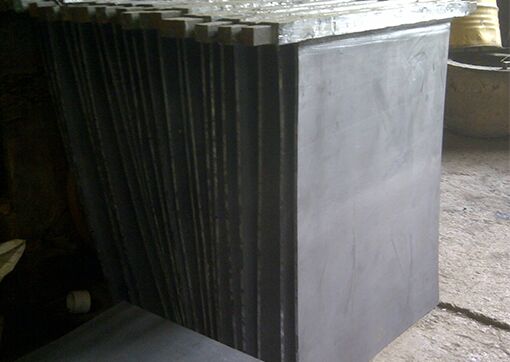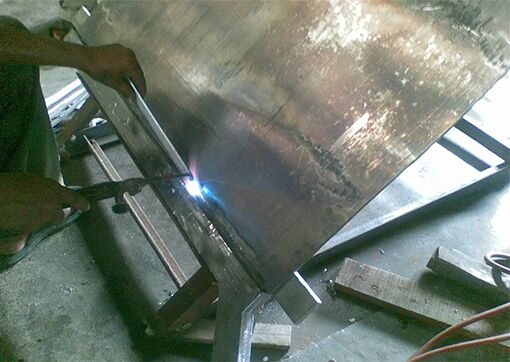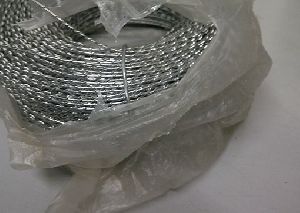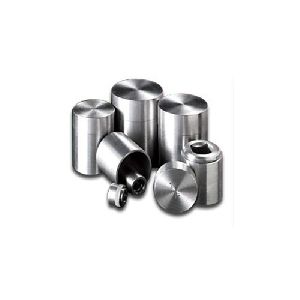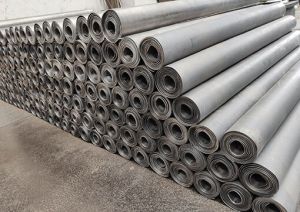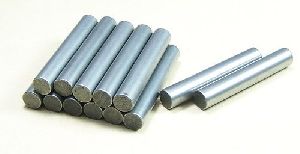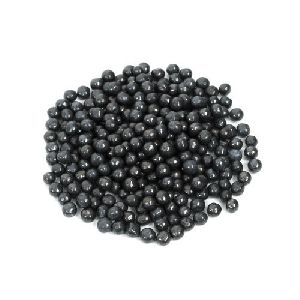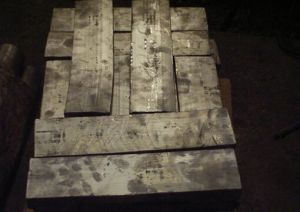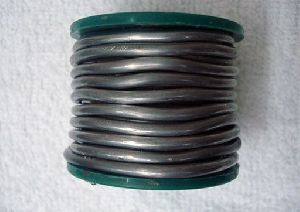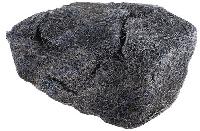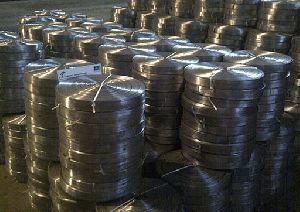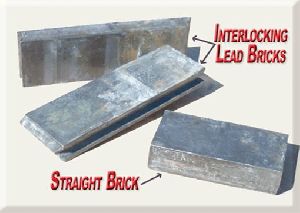Pydhonie, Mumbai, Maharashtra
- GST NO. : 27AABFH7990R1ZG
2 Ton (MOQ)
| Business Type | Manufacturer, Exporter, Supplier |
| Color | Grey |
| Shape | Square |
| Usage | Electroplating, Galvanising |
| Click to view more | |
Preferred Buyer From
| Location | Worldwide |
Product Details
HMS Metal Corporation is a Leader in the production and Supply of Anodes used in copper, zinc and nickel refining. Our electrowinning anodes integrate years of experience, research and development.
With fully Integrated & 100% in-house production facility we are able to Internally controlled workmanship for alloying, rolling blade, head bar tinning and casting, welding, cutting & packaging.
Although anodes are manufactured to client’s designs, with each stage of manufacture using the best quality raw materials and controlled by a strict quality process system, anodes are produced efficiently and consistently within estimated time.
Anodes made of lead alloys are used in the electrowinning and plating of metals such as manganese, copper, nickel, and zinc.
- Rolled lead-calcium-tin and lead antimony alloys are the preferred anode materials in these applications, because of their high resistance to corrosion in the sulfuric acid used in electrolytic solutions. Lead anodes also have high resistance to corrosion by seawater, making them economical to use in systems for the cathodic protection of ships and offshore rigs.
- Rolled lead anodes have become the industry benchmark with the benefits of fine grain structure, less segregation and elimination of cracks and voids resulting in more uniform corrosion of the anode.
The shape and size of the copper bar and the anode plate are made to customer specifications
- The copper bar is tin-plated and then given a homogeneous coat of lead several millimeters thick as protection from corrosion caused by aggressive acid mist. This method of protecting the anode bar also ensures the best possible bond between lead and copper for improved current flow and long service life.
Chemical Composition
- The lead anodes are manufactured in calcium-tin-lead (Ca/Sn/Pb), antimonial lead (Sb/Pb) and silver-lead (Ag/Pb) alloys which are the preferred alloys for these applications with their high resistance to corrosion in the sulphuric acid based electrolyte solutions.
- Lead anode alloys generally consist of tin, Calcium, and Antimony. The favoured alloys, based on the specific application, are lead- antimony as well as lead-Calcium-Tin alloys. One reason for this is because of the alloys’ resistance to corrosion in the sulfuric acid that’s used for electrolytic solutions. (Lead-alloy anodes are used in electro winning – also known as electro extraction – as well as for plating metals such as manganese, copper, nickel, and zinc.) Lead anodes have superior attributes, such as being highly resistant to the corrosive effects of seawater.
- We also offer custom Lead Alloys to meet your specifications
We specialize in manufacturing complete Lead Anode and Anode Plates for Zinc, Nickel and Copper extraction electrolysis plant.
- Electrowinning of copper, nickel, cobalt and zinc in SX-EW processing of ores.
- Ca/Sn/Pb alloy is generally used for copper, nickel and cobalt applications.
- Ag/Pb alloy is the preferred alloy in zinc electrowinning
Packing
The finished anodes are packed together in wooden pallets with thick thermocol in between each Anode to prevent the individual anodes from bending.
Do's & Dont;'s
Remember, proper care of anodes will pay off in longer life. Try these suggestions with new Republic anodes.
- Do not leave new anode in chromium solution when tank is idle. Instead, remove them and place them in clean water after use until a uniform brown film of lead peroxide is formed on the surface.
- Do not confuse this dark brown lead peroxide coating with lead chromate. Lead chromate (PbCrO4) is yellow in color and acts as an insulation. This should be removed in order to restore the anode to the most efficient service level.
- We recommend that approximately two inches of lead anode be above the solution level at all times.
- We do not recommend mixing old and new anodes together. Adding new anodes intermittently in order to obtain amperage needed could result in new anodes scaling up very rapidly. If it is not practical to replace all anodes at one time, we suggest extreme care be given to the new anodes to assure proper breaking in for efficient performance.
MANUFACTURING PROCESS
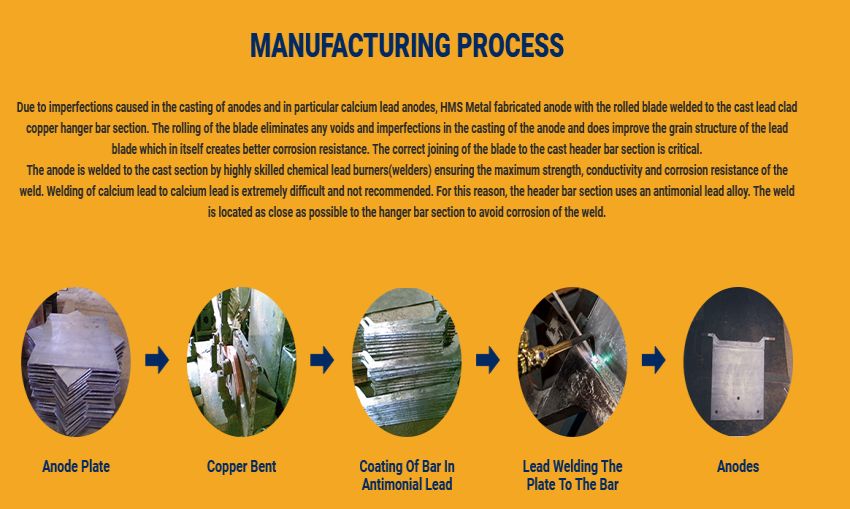
Looking for "Lead Anodes" ?
Explore More Products


